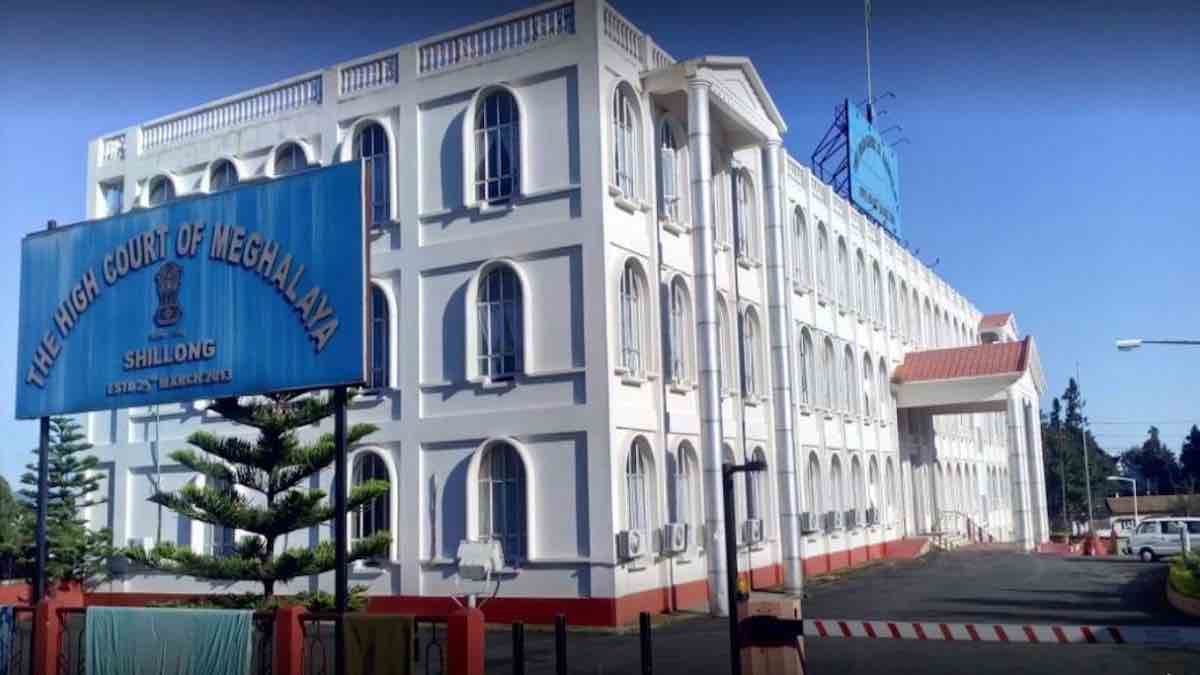The Meghalaya government informed the high court that the residents of Punjabi Lane in Shillong have accepted in principle the blueprint prepared by the state government to relocate at least 342 families.
The government had come up with a blueprint after rejecting the Harijan Panchayat Committee demand that 200 square meters of land be provided to each of the 342 families of Punjab lane within the European ward besides bearing the cost of construction of their homes.
“Learned Advocate-General reports that Counsel for the Harijan Panchayat Committee has agreed, in principle, to the blueprint prepared by the government but has made some suggestions for modification in certain areas,” a bench headed by Chief Justice Sanjib Banerjee and Justice W Diengdoh said, while hearing the case on Wednesday.
“Since the state is looking at the suggestions for modification, let the matter come up three weeks hence. It is hoped that the parties will now resolve the long pending issue and give a quietus to these matters,” the bench stated.
The next hearing on the matter will be held on July 3, 2023.
Clashes had erupted in Shillong’s Punjabi Lane in May 2018 between the people of the Khasi tribe and Sikhs living there.
Following the clashes, the Shillong Municipal Board had started an exercise to determine the legal residents of Punjabi Lane. There was a demand from various quarters to relocate the ethnic Punjabis from the area.
A high-level-committee was set up by the state government in June 2018 to solve the decades-old issue regarding the relocation of the residents of the Punjabi Lane after the clashes.
According to a report submitted by the Shillong Municipal Board, a total of 184 families have been identified as legal settlers.
They included families of 128 employees of the civic body and 56 others who are working in various government departments.




